 A view of the Charles River from the 19th floor of a residence hall A view of the Charles River from the 19th floor of a residence hall A true urban school, Suffolk University prides itself on being located in the heart of Boston. The school is quite literally at the center of it all - one can easily walk to the State House, the financial district, the North End’s “Little Italy,” the theatre district, Chinatown, Boston City Hall, and to the entrances of all of the subway lines. This makes the school a great choice for students wanting to live in a city where one has just about anything at one’s fingertips. And, unlike some of the other major cities in the U.S., Boston is compact enough to be more manageable for a young adult than, for example, New York or Chicago. Suffolk undergrads certainly benefit from the University’s location in a host of ways. For example, students are guaranteed housing on campus for their first and second years, resulting in dorm rooms with truly spectacular views - the Custom House Tower, Boston Harbor, the Charles River, and the Boston Common are just a few examples of what students will see from their rooms and dorm common area lounges. Another way students benefit from Suffolk’s location is the School’s proximity to so many businesses, organizations, and institutions. Whether they’re looking for a part-time job off-campus or for an internship in their field of study, no student will need to travel far to access whatever opportunity awaits. In fact, my tour guides shared the story of one of their predecessors, a Suffolk student and Admission Office Student Ambassador, who was having lunch one day at Fill-a-Buster Luncheonette, a sandwich shop near several of Suffolk’s buildings across the street from the State House. The student happened to strike up a conversation with a man eating next to him, and soon discovered that he was speaking with a Massachusetts State Representative. Their talk went so well that the State Rep offered the student an internship! Stories like this abound on campus, whether a student obtained an internship or job through a chance encounter or by taking a class and gaining a connection because of a professor. These anecdotes align with the Admission Office statistics: 70% of Suffolk University undergraduates complete one or more internships before they graduate. As with any urban campus, there comes a price. Because of the ridiculously expensive real estate in the city, Suffolk doesn’t have the space to offer housing to all of its students for all four years. To that end, all juniors and seniors are forced to live off-campus. Students experience this requirement as both a blessing and as a curse. On the one hand, it is an extremely stressful time for rising juniors to find affordable housing within a reasonable commuting distance to the school. On the other hand, students receive considerable assistance from the Office of Off-Campus Housing, where counselors help students locate viable housing options. For example, the office keeps a database of trusted and vetted real estate brokers and landlords in the area that students may access, and counselors review lease documents with students to ensure that everyone understands the legal terminology. In this way, juniors and seniors gain “real life” skills in finding and securing their own housing. Our tour guides informed us that most Suffolk students live in East Boston, or, if they can afford it, in the tony neighborhood of Beacon Hill. This housing requirement explains why only 30% of Suffolk undergrads live on campus, with 70% of students commuting to classes (usually via the local subway system nicknamed the “T”). In terms of curriculum, all first years complete “general education” requirements, such as math, science, and writing courses. However, there are a variety of classes available that satisfy these requirements, so students have the ability to choose courses that are relevant to their interests. Once students are sophomores, they begin taking introductory-level classes in their major, although students must only “officially” declare their major by the end of their second year. Students are also strongly encouraged to go abroad, whether for a full year, a semester, or for 7-10 days through the Global Travel Seminars program. These are courses students take where the entire class travels together with their professor to a foreign country for just over a week (most of these courses are run through the Business School, but are open to all Suffolk undergraduates). Suffolk’s emphasis on global education also is reflected in the School’s significant international student population - 23% of the 5,300 undergraduates come from outside of the U.S. (representing roughly 100 countries). Here are some fun facts about Suffolk University:
Suffolk University was founded in 1906 by attorney Gleason Archer as a law school for immigrants that had little opportunity for obtaining an education in this field. That spirit of accessibility and equal opportunity continues to drive Suffolk students, who reflect the School’s continued commitment to diversity. If you’re interested in learning more about Suffolk University, check out their website: http://suffolk.edu/ .
1 Comment
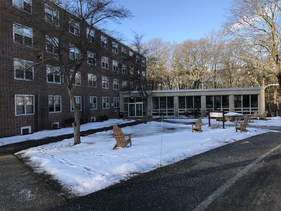 Angela Hall, the residence of all first year students. Angela Hall, the residence of all first year students. Located in the sleepy suburb of Weston, Massachusetts, Regis College is a hidden gem in the metro-Boston area. It’s compact campus is very pedestrian-friendly, and offers a mix of brand new buildings and historic structures built when the College was founded in 1927. As my sophomore student guide emphasized, the school community is tight-knit, and she wasn’t kidding - throughout our hour-long walking tour, she was repeatedly greeted by peers, professors, and staff members alike. When I asked her what was the best thing about Regis, she immediately replied “the welcoming atmosphere.” She said that she made friends easily and quickly, and that she has national and international classmates, including from California, France, and Saudi Arabia. The diversity on campus was definitely apparent, both in terms of the student population and in terms of the faculty and staff. The most popular (and most competitive) program is in the School of Nursing, but the College also features a School of Arts and Sciences, a School of Business and Communication, and a School of Health Sciences. For example, my tour guide was a Communications major with a minor in writing. The College also has a thriving NCAA Division III athletic program, with basketball and soccer being particularly popular (I also saw a snowy outdoor athletic field when driving around campus before my tour). However, don’t expect Regis to be a party school. There is no Greek life on campus, though there is always something to do (my tour guide explained that most students tend to stay on campus on the weekends). My sense is that typical Regis students study hard and work hard, spending their free time volunteering. This was echoed by my tour guide, who talked at length about service trips that the College regularly organizes (for example, she will be going on a pilgrimage to France this summer). It makes sense: Regis College was founded by the Congregation of the Sisters of St. Joseph of Boston, and that strong Catholic tradition definitely continues to inform the school. Though Regis welcomes students from all religious backgrounds, crucifixes and crosses were ubiquitous around campus, and my tour guide mentioned mass and prayer as part of daily life on campus (so, for those of you out there who may have more secular leanings or do not feel comfortable with religious paraphernalia, Regis may not be the right fit for you). Here are 4 fun facts about Regis that I learned:
Overall, Regis College is a great place to learn in a student-centered setting, where a small community of enthusiastic students work hard to make the world a better place. It certainly struck me as welcoming and friendly environment where students are encouraged to share their knowledge, skills, and talents with others. For more information on Regis College, or to schedule your own campus visit, check out their website: http://www.regiscollege.edu/. |
AuthorMaruta Z. Vitols is an independent educational consultant in the metro-Boston area. When not helping students achieve their dreams, she enjoys hanging out with her dog, exploring new places with her husband, and doing yoga. Archives
April 2023
Categories |

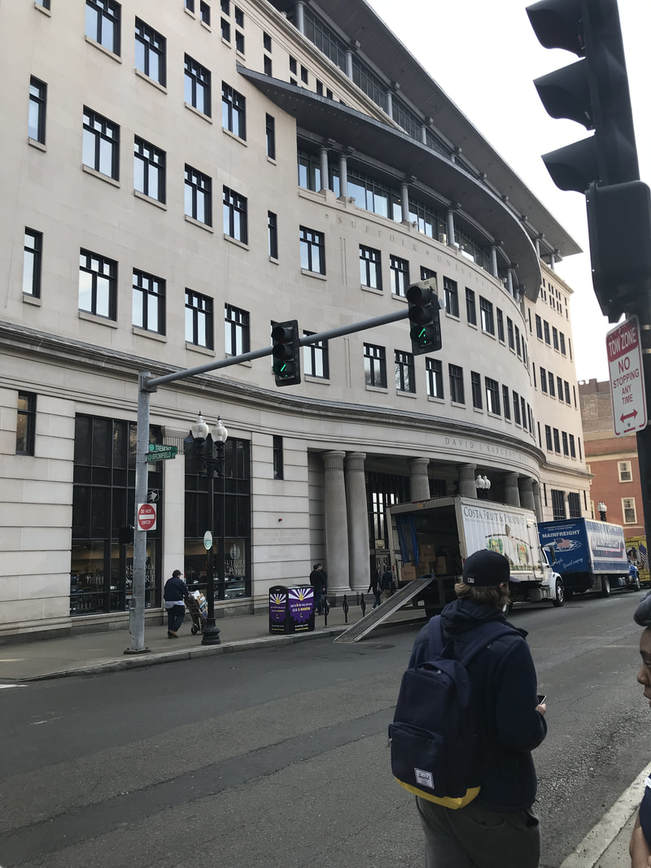
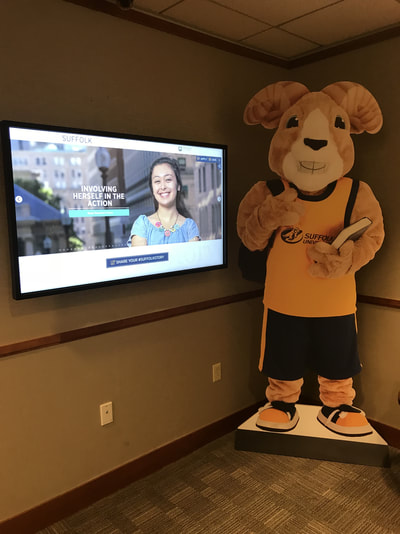
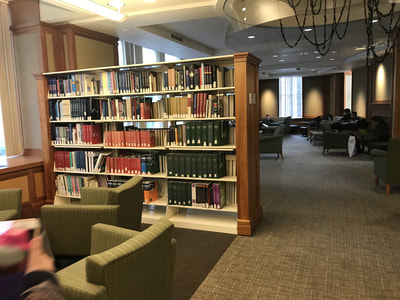
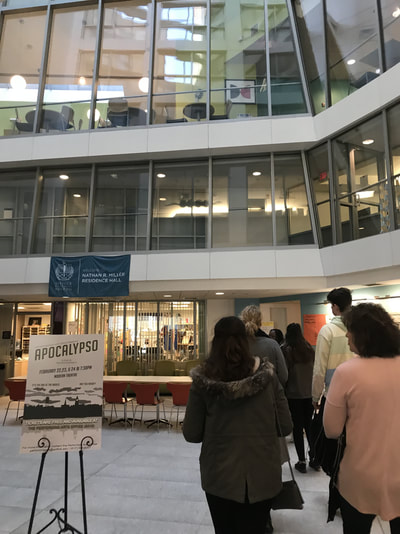
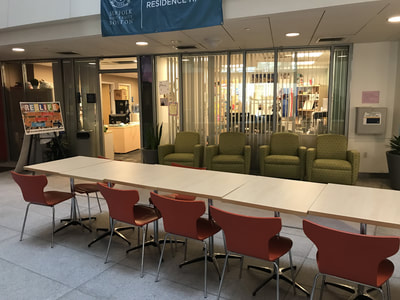
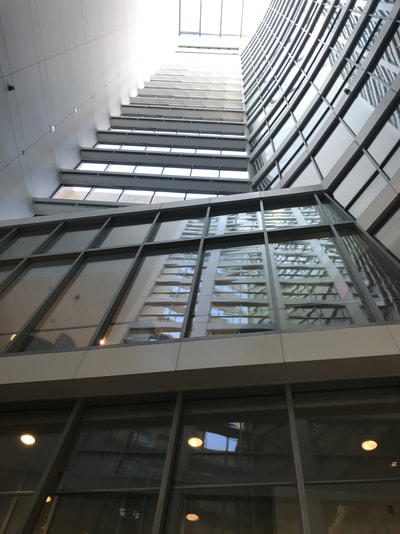

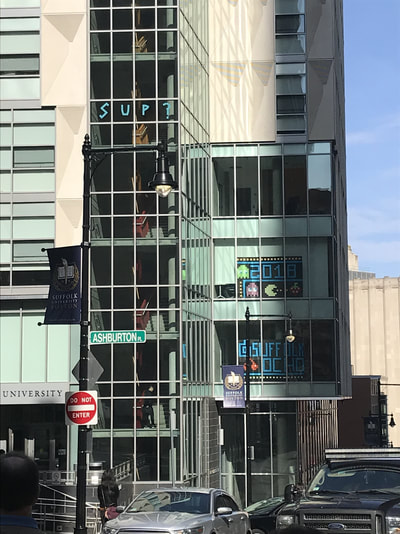
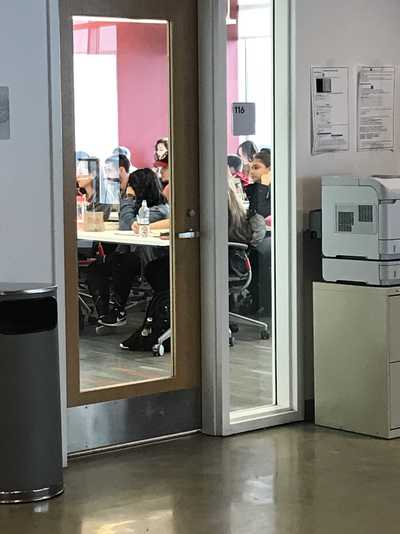
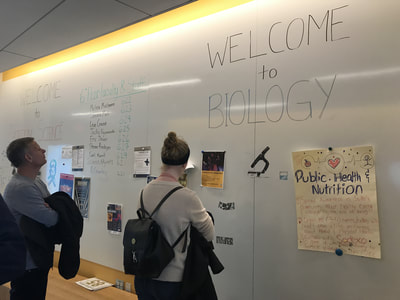
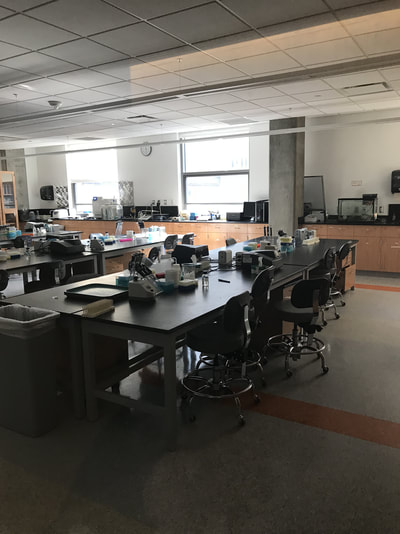
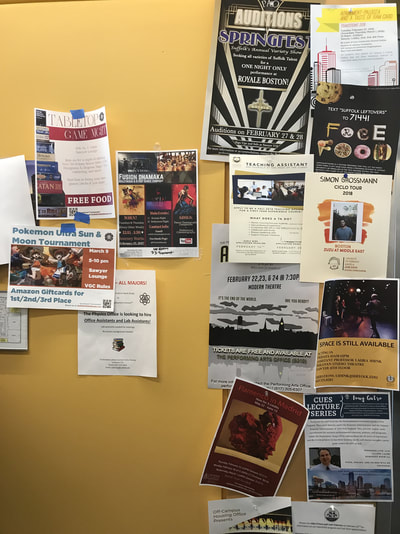

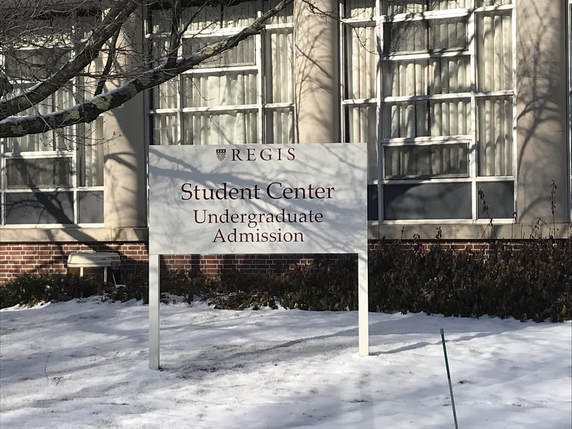
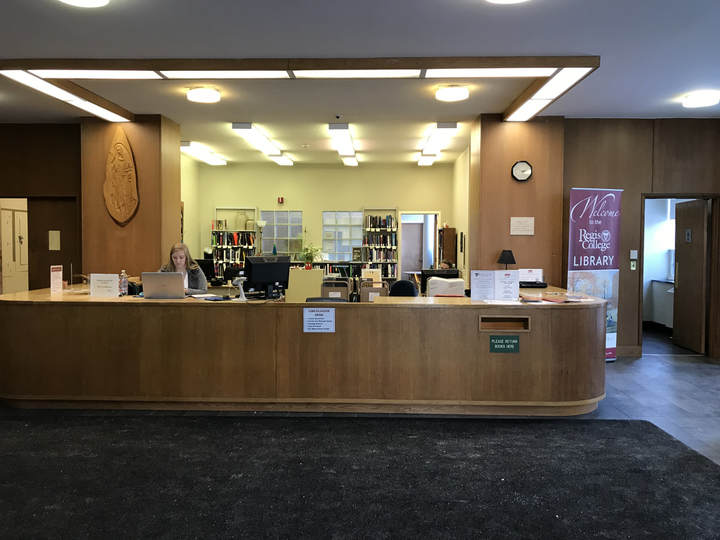

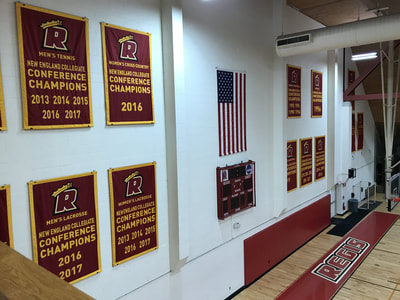
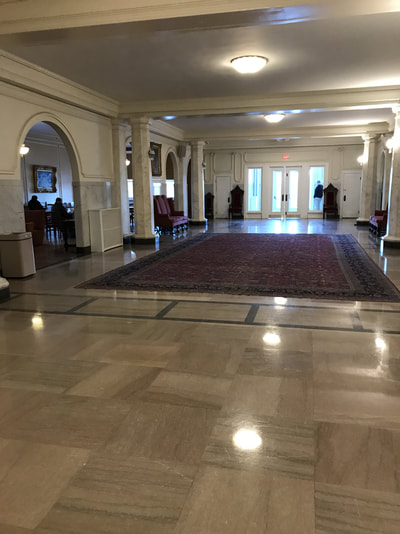
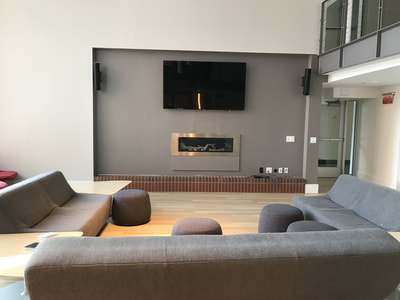
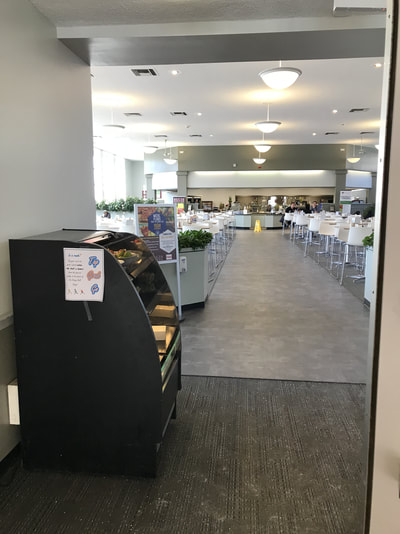
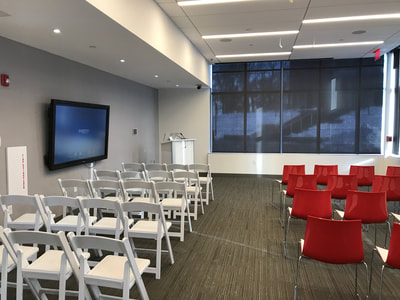
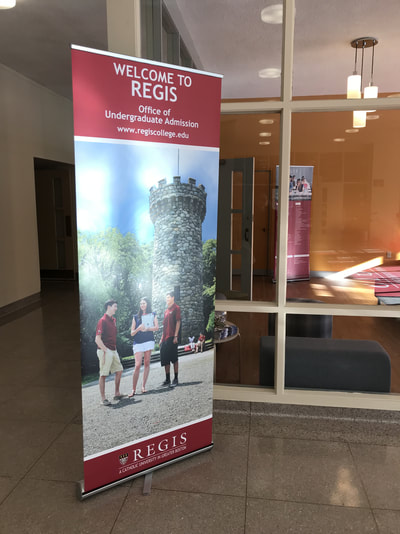
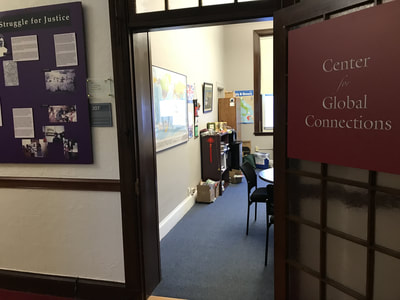
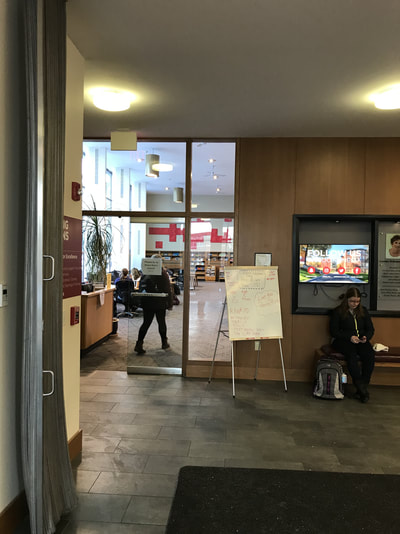
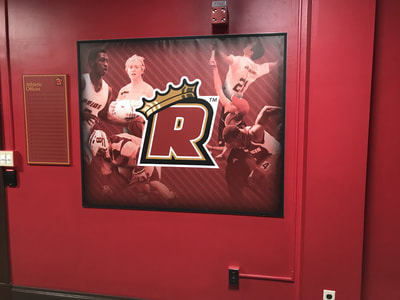
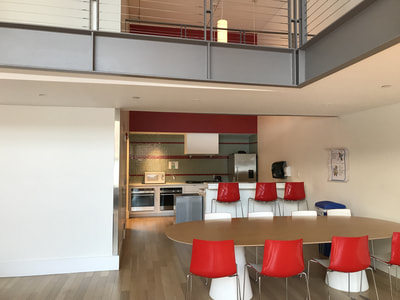
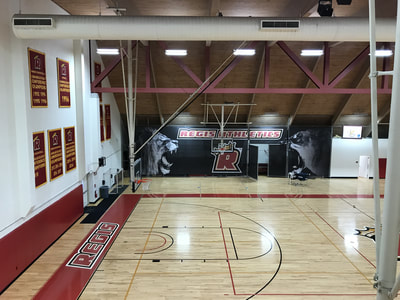
 RSS Feed
RSS Feed